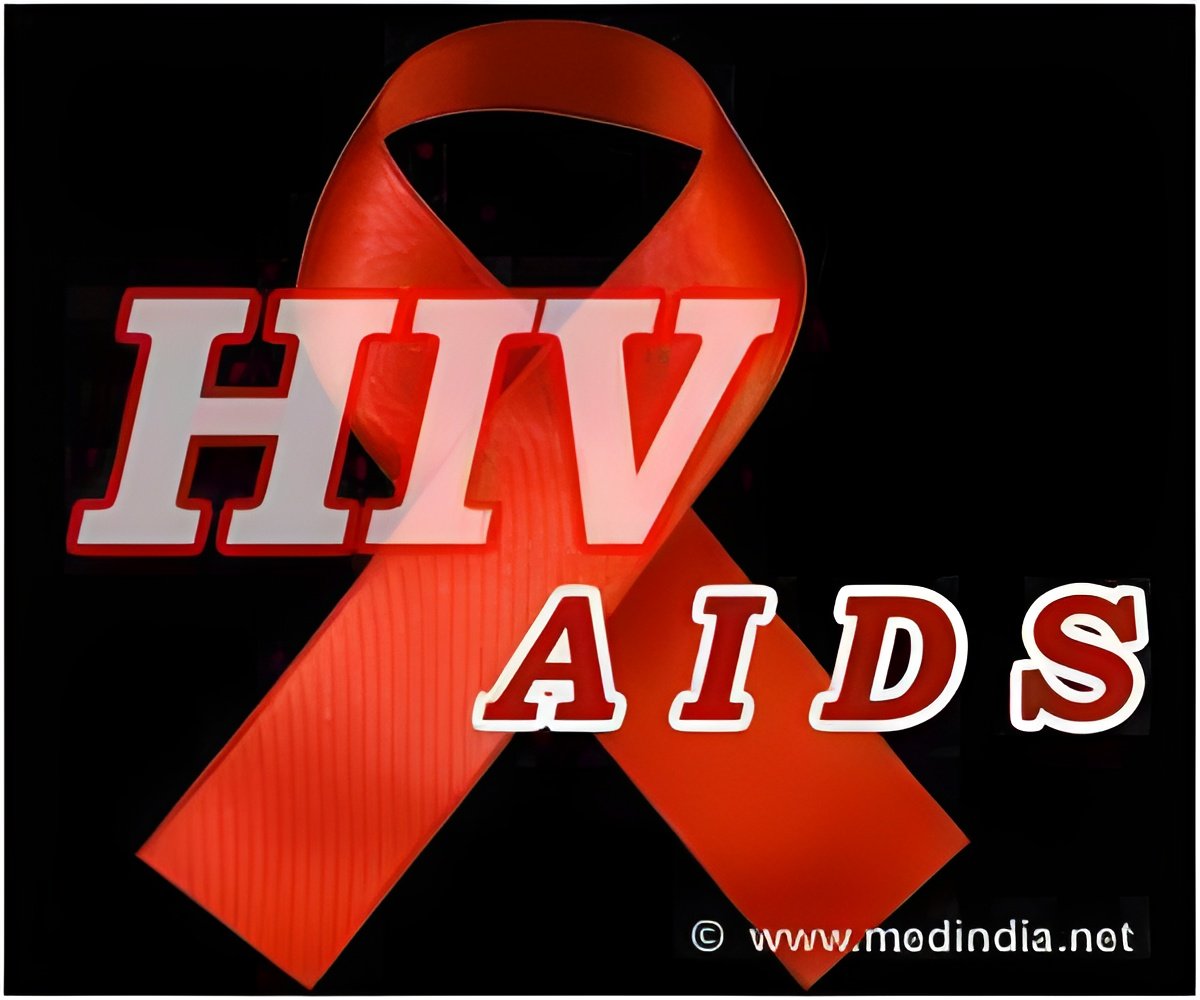The new HIV vaccine combination strategy developed by scientists was found to provide better and more durable protection.

‘The new study provides important insights for preventing HIV, and the timeliness of the results could also help shape the scientific community's approach to developing vaccines for COVID-19.’





Hunter is one of five senior authors of this study. Two of his Emory colleagues are also senior authors: Rama Amara, PhD, professor of microbiology and immunology at Emory and a researcher at Yerkes and the EVC; and Cynthia Derdeyn, PhD, professor of pathology and laboratory medicine at Emory and also an EVC and Yerkes researcher. The other senior authors are Bali Pulendran, PhD, a former EVC and Yerkes researcher who is now a professor at Stanford, and David Masopust, PhD, professor of microbiology and immunology at the University of Minnesota. The lead authors are Emory postdoctoral scholars Tysheena Charles, PhD, and Satish Bollimpelli, PhD, as well as postdoctoral scholars Prabhu Arunachalam, PhD, at Stanford, and Vineet Joag, PhD, at University of Minnesota. The research team also included members from Cornell University, Duke University, Louisiana State University and 3M Corp.
Some 38 million people worldwide live with AIDS. While antiviral medications limit the impact of the disease on daily life, HIV continues to infect 1.7 million people annually and cause some 770,000 deaths each year, which makes the Emory team's work a high priority.
In the new study, the researchers stimulated both serum and cellular immunity, which proved critical for the encouraging results. Working with rhesus macaques at Yerkes, the researchers inoculated three groups of 15 monkeys during a 40-week period. "Nonhuman primates remain the very best model for testing the potential of novel vaccines," says Hunter.
The first group received several sequential inoculations of Env, a protein on the virus' outer surface known for stimulating antibody production, plus an adjuvant, a chemical combination often used in vaccines to enhance immune response. The second group was similarly inoculated but received additional injections of three different attenuated viruses modified to contain the gene for a HIV viral protein, Gag, that's known to stimulate cellular immunity. A third, control group, received injections containing only the adjuvant.
Advertisement
"Our results showed animals in the two experimental groups experienced significant initial protection from viral infection that was linked with high neutralizing antibody titers, particularly in the Env-only group," says Derdeyn. Even more notable, say the researchers, was several of the Env-plus-Gag animals, but none of the Env animals, remained uninfected even though they lacked robust levels of neutralizing antibodies. "This is an intriguing result because increasing the potency of neutralizing antibodies has been thought to be crucial to a vaccine's effectiveness, but doing so is difficult" Derdeyn adds.
Advertisement
Amara adds, "With these study results, we are one step closer to preventing HIV via a vaccine." The team will use the results to refine the way they approach vaccine development, including further assessing strategies to elicit cellular and neutralizing antibody responses for greater protection, with a goal of moving the new antibody plus T cell vaccine approach into clinical trials. "We think the same approach could be feasible for other pathogens, including influenza, TB, malaria and, now, COVID-19," he continues.
Source-Eurekalert















